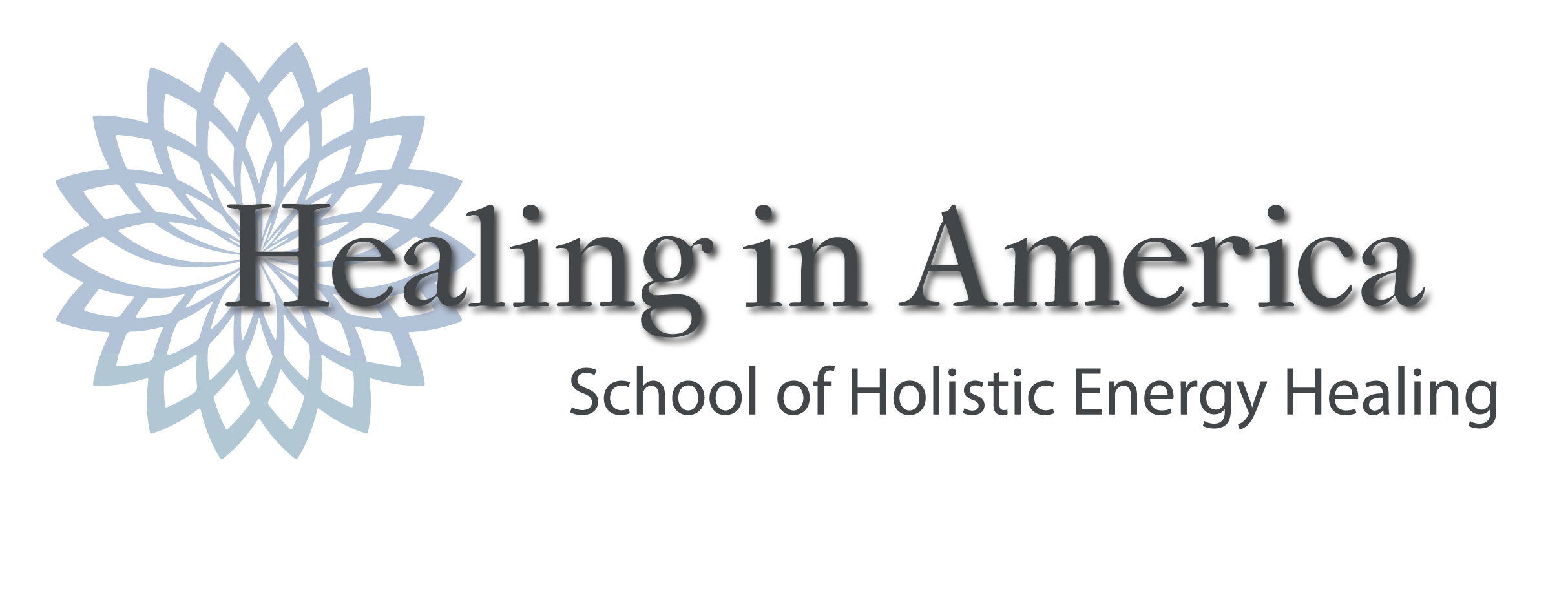What Anger Does For Us
What Anger Does For Us
Our emotions evolved to keep us safe. Our fight response, which evolved so we could defend ourselves from an enemy or danger, stems from anger. Anger is embedded in our primitive need to live and protect ourselves against aggression. Anger drives people to be extremely vigilant about threats and sharpens our focus. When we are threatened or attacked by a predator, anger is automatically activated and pushes us to fight back and act quickly and forcefully to protect ourselves.
When you are angry, you experience physical and emotional pain. When you experience physical and emotional distress, anger strongly motivates you to do something about it. As such, anger helps you cope with the stress by first discharging the tension in your body, and by doing so it calms your “nerves.” That’s why you may have an angry reaction and then feel calm afterward.
Anger is related to a deep need for control. Anger protects what is ours, helping us feel in charge rather than helpless. The function of anger is to inflict costs or withhold benefits from others to increase our welfare. Individuals who experience and display their anger appropriately are in a better position to fulfill their needs and control their destiny than those who suppress their anger. That said, it’s important to guard against becoming obsessed by the sense of power anger may elicit.
From a survival perspective, we defend ourselves when we retaliate and make other people fear us. Anger guards us when someone wants to hurt us. It gives us the strength and aggression to help us overcome a stronger enemy. In day-to-day situations, anger serves as a positive force to motivate us to stand up for ourselves and creatively find solutions to the challenges we face. As Richard Davidson says, anger “mobilizes resources, increases vigilance, and facilitates the removal of obstacles in the way of our goal pursuits, particularly if the anger can be divorced from the propensity to harm or destroy.”
When we feel like things are out of place, we can get angry. If things are not the way they are supposed to be and need to change, anger propels us to do something and motivates us to find solutions to our problems. Anger is triggered when we face an obstacle or individual (or something else) that blocks our needs. It prepares us to deal with the obstruction or problem in our path so we can get to where we want to be.
We often experience anger when we are denied rights or when faced with insults, disrespect, injustice, or exploitation. Anger serves as an internal guidance system that indicates something is not quite right, that someone has treated us unjustly or unfairly. Anger helps communicate to others: “You’d better treat me fairly; otherwise, you’ll pay a high cost.” On a global level, standing up for a lack of fairness can prevent people from taking advantage of others. This type of anger can bring about positive change in society and increase the social cost of misbehaving.
Anger often pushes us to pursue our desired goals and rewards. When we don’t get what we want, anger is triggered and indicates we have moved away from our desired objectives. Anger tries to eliminate whatever prevents us from realizing our desires. It energizes and pushes us to act in service of achieving our goals and working toward our ideals.
Surprisingly, anger can trigger optimism. It can encourage us to focus on what we hope to achieve, rather than merely focusing on the pain, insult, or victimization. The anger system is geared toward what is attainable, not the impossible. When we are angry, we often feel positive about our ability to change the situation, empowering us to take action and move from an undesirable position to a desirable one.
So, as you can see, there are definite positive benefits of expressing our anger – but try not to make a habit of it!!
Remember – “Nothing can dim the light that shines within”
With Love & Light
Roger

